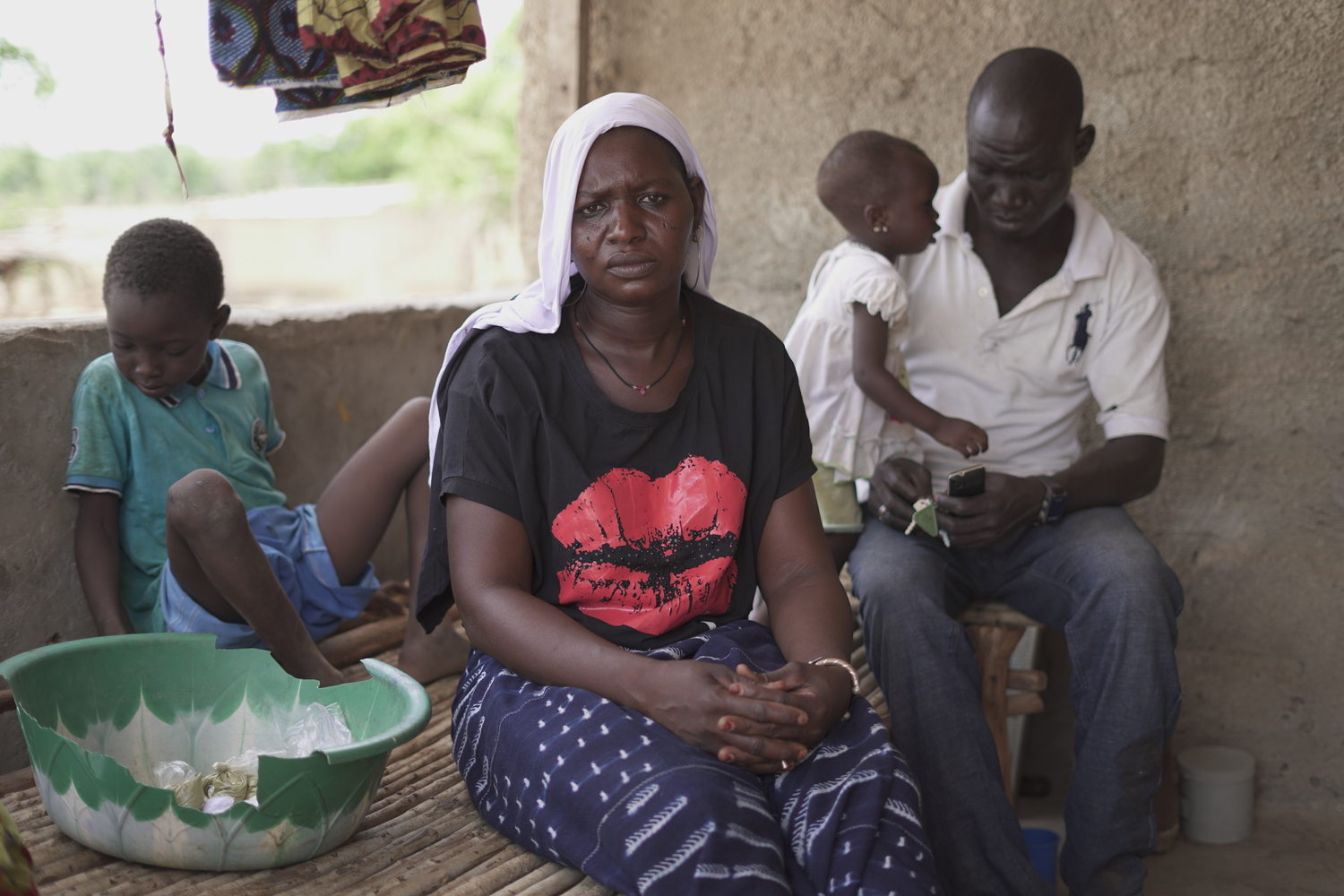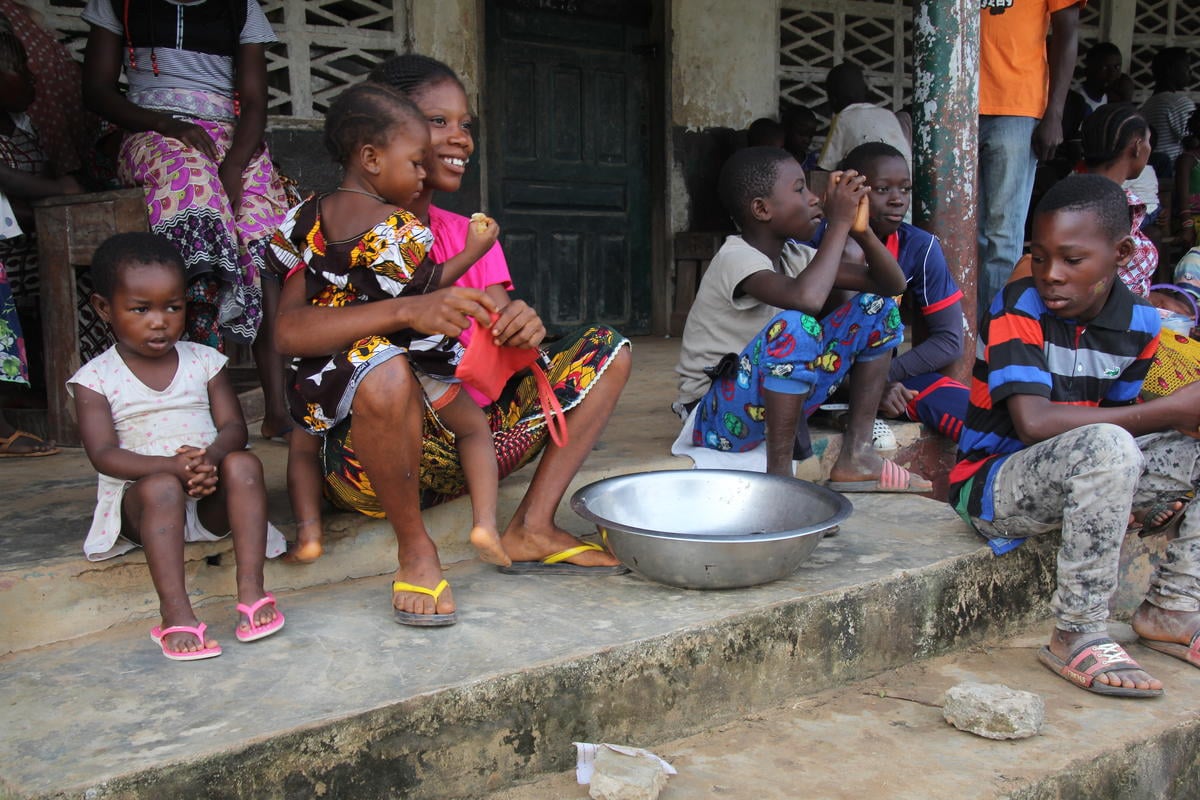Ghana: Verification of Togolese refugees in Volta region to begin
Ghana: Verification of Togolese refugees in Volta region to begin
In Ghana tomorrow (Wednesday) UNHCR along with its government partners plans to start a six-week verification exercise to confirm the presence of some 12,500 Togolese refugees in the Volta region of Ghana and facilitate the determination of refugee status by the authorities. The Togolese started fleeing to Ghana and Benin in late April last year during a violent political crisis. In Ghana, most found refuge with host families spread over a wide area.
This verification exercise will ensure that Togolese refugees receive the required documentation and make certain that resources and services, provided by UNHCR and its partners, reach the intended recipients. In addition, the process is expected to identify the vulnerable among the population in order to sharpen targeted assistance. Knowing where there is the greatest need will help the planning and implementation of assistance programmes, including the search for durable solutions to the plight of refugees.
The verification exercise is a complex logistical challenge taking place at 87 food distribution points in the Volta region spread over 400 km.
Starting in late April 2005, after the electoral confirmation of the installation of the late Gnassingbe Eyadema's son, Faure, as the President of the Republic of Togo, widespread violence and fear of an escalation in tensions caused tens of thousands of Togolese to flee to neighbouring Ghana and Benin. There are currently an estimated combined total of 40,700 Togolese in both countries.
During this period, some 13,600 newly arrived Togolese refugees were registered in 114 locations in the Volta region along Ghana's eastern border with Togo. This initial, emergency registration captured only basic information and no identity cards were issued. Now, in line with standard procedure in this post-emergency registration, UNHCR and the government will get more detailed information about the refugees including a photo of each refugee.
UNHCR and its partners provide assistance to refugees - all who have been absorbed into host communities - such as the provision of basic relief items (food and non-food), health care and the establishment of Quick Impact Projects, including the construction of shelter, water, sanitation and self-reliance schemes. It seeks to assist identified vulnerable refugees such as unaccompanied minors, the elderly, pregnant women and survivors of trauma. Mechanisms are put in place to encourage refugee self-reliance.
UNHCR has distributed seeds and farming tools in various locations in the Volta region and has assessed communities where refugees can engage in farming.
Ghana hosts some 53,200 refugees from various countries, including approximately 14,100 from Togo - 12,500 of them in the Volta region, 550 in Krisan, and the remainder living in urban areas.








